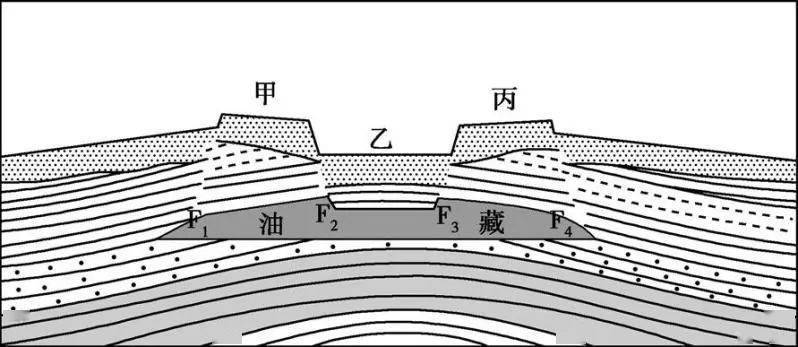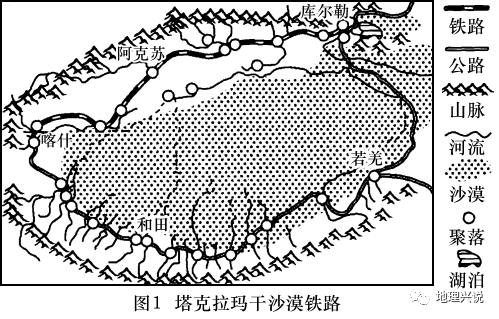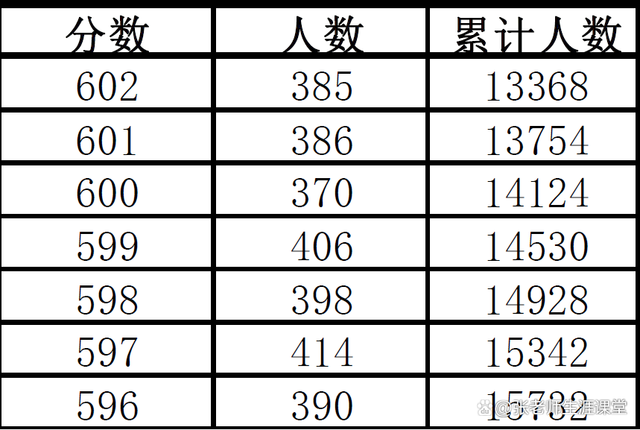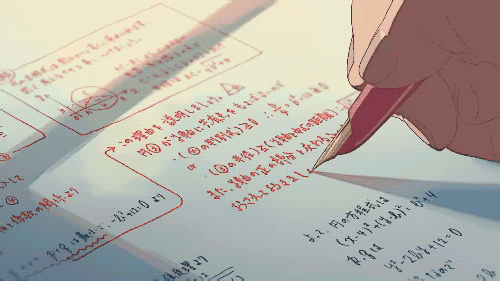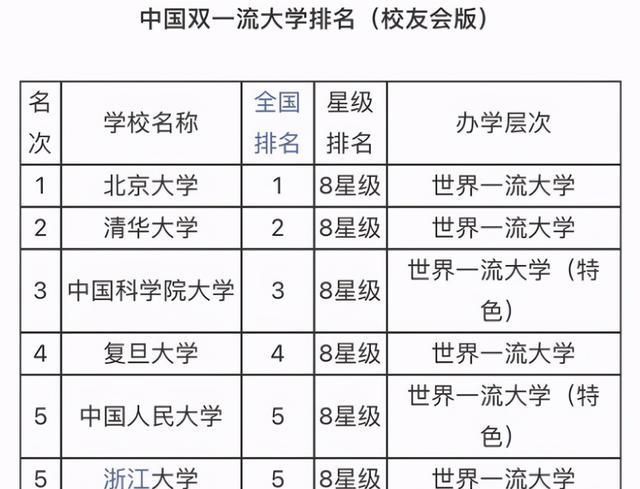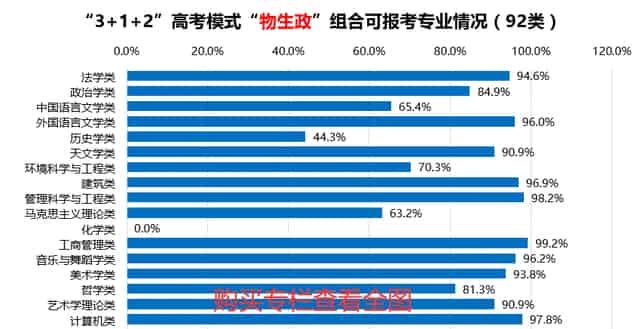高考备考已经进入最后冲刺复习期,把握时间,充分利用时间,找出自己的问题,重点强化问题,掌握基础知识、所需考点、经常考点就显得尤为重要。文章将分为三个方面,希望对我们的高考学生有所帮助。
第一,加强基本词汇
英语话是学习英语语的基础,而英语话的记忆贯穿于英语的整个学习过程,就像盖房子打基础一样。最后一个时期,英语词的强化可以分两个方向进行,即13500字;2.试卷中出现的高频词汇。一方面,3500字虽然看起来很多,但其实每天都是分的,比如每天300字左右,然后用彩笔或者其他笔标注记住不好的字,这样就可以清晰有针对性的记住单词,而不是用眉毛胡子去抓,效率可以大大提高。另一方面,我们应该重点加强高考真题中出现的高频词汇,包括阅读理解和完形填空高频词汇。因为这两个字主要是写的,单词主要是背的,不要求写。也就是看单词就能听出意思。如果用3500字来梳理大纲的整个词汇,那么用高频词汇会让你更专注。
二、刷题建议
第二轮高考结束后,第三轮复习如火如荼。这期间除了处理相应的模拟题,建议以高考真题为训练指导,有针对性、有选择性地做题。而不是拿着一张试卷刷一整道题。刷题是要的,但要引导,这个引导,这个灯,才是高考真题。第三个方面将举例说明如何使用高试题以及如何学习和总结规则。
第三,借助好的高考题,发现规律,总结规律(以三卷五年国内语法填空题为例)
(中国卷三)
2020年In ancient China lived an artist 61.whose_paintings were almost lifelike. The artist’s reputation had made him proud. One day the emperor wanted to get his portrait (画像) done so he called all great artists to come and present their 62. finest (fine) work, so that he could choose the best. The artist was sure he would 63.be chosen (choose), but when he presented his masterpiece to the emperor’s chief minister, the old man laughed. The wise old man told him to travel to the Li River — perhaps he could learn a little from the greatest artist in the world.
Filled with 64.curiosiry (curious), the artist packed his bags and left. 65.As/When he asked the villagers on the banks of the river where he could find the legendary (传奇的) artist, they smiled and 66. pointed (point)down the river. The next morning he hired a boat and set out 67.to find (find) the well-known painter. As the small boat moved 68 gently (gentle) along the river he was left speechless by the mountains being silently reflected in the water. He passed milky white waterfalls and mountains in many shades of blue. And when he saw the mists rising from the river and the soft clouds 69.surrounding (surround) the mountain tops, he was reduced to tears. The artist was finally humbled (谦卑) by the greatest artist 70.on earth, Mother Nature.
2019年
On our way to the house, it was raining 61.so hard that we couldn’t help wondering how long it would take 62.to get (get) there. It was in the middle of Pearl City.
We were first greeted with the barking by a pack 63.of dogs, seven to be exact. They were well trained by their masters 64.who/that had great experience with caring for these animals. Our hosts shared many of their experiences and 65.recommended (recommend) wonderful places to eat, shop, and visit. For breakfast, we were able to eat papaya ( 木 瓜 ) and other fruits from their trees in the backyard.
When they were free from work, they invited us to local events and let us know of an interesting 66.competition (compete) to watch, together with the story behind it. They also shared with us many 67.traditional (tradition) stories about Hawaii that were 68.hugely(huge) popular with tourists. On the last day of our week-long stay, we 69.were_invited (invite) to attend a private concert on a beautiful farm on the North Shore under the stars, 70.listening(listen)to musicians and meeting interesting locals.
2018年
I’m not sure 61who/which is more frightened, me or the female gorilla (大猩猩) that suddenly appears out of nowhere. I’m walking on a path in the forest in the Central African Republic. Unexpectedly, I’m face-to-face with the gorilla, who begins screaming at 62the top of her lungs. That makes her baby scream, and then a 400-pound male appears. He screams the 63.loudest (loud) of all. The noise shakes the trees as the male beats his chest and charges toward me. I quickly lower myself, ducking my head to avoid 64 looking(look) directly into his eyes so he doesn’t feel 65challenged (challenge).
My name is Mireya Mayor. I’m a 66 scientist (science) who studies animals such as apes and monkeys. I was searching 67for these three western lowland gorillas I’d been observing. No one had seen them for hours, and my colleagues and I were worried.
When the gorillas and I frightened each other, I was just glad to find 68_them (they) alive. True to a gorilla’s unaggressive nature, the huge animal 69_meant_ (mean) me no real harm. He was just saying: “I’m king of this forest, and here is your reminder!” Once his message was delivered, he allowed me 70to stay (stay) and watch.
2017年
She looks like any other schoolgirl, fresh-faced and full of life. Sarah Thomas is looking forward to the challenge of her new A-level course. But unlike her school friends, 16-year-old Sarah is not spending half-term 61resting (rest). Instead, she is earning $6,500 a day as 62 a model in New York.
Sarah 63was told(tell) that she could be Britain’s new supermodel, earning a million dollars in the next year. Her father Peter, 44, wants her to give up school to model full-time. But Sarah, 64 who has taken part in shows along with top models, wants 65 to prove (prove) that she has brains as well as beauty. She is determined to carry on with her 66 education (educate).
She has turned down several 67.invitations (invitation) to star at shows in order to concentrate on her studies. After school she plans to take a year off to model full-time before going to university to get a degree 68 in engineering or architecture.
Sarah says, “My dad thinks I should take the offer now. But at the moment, school 69comes (come) first. I don’t want to get too absorbed in modeling. It is 70 certainly (certain) fun but the lifestyle is a little unreal. I don’t want to have nothing else to fall back on when I can’t model any more.”
2016年
In much of Asia, especially the so-called “rice bowl” cultures of China, Japan, Korea, 61 and Vietnam, food is usually eaten with chopsticks.
Chopsticks are usually two long, thin pieces of wood or bamboo. They can also be made of plastic, animal bone or metal. Sometimes chopsticks are quite artistic. Truly elegant chopsticks might 62 be made (make) of gold and silver with Chinese characters. Skilled workers also combine various hardwoods and metal 63 to create (create) special designs.
The Chinese have used chopsticks for five thousand years. People probably cooked their food in large pots, 64 using (use) twigs ( 树 枝 ) to remove it. Over time, 65 when/as the population grew, people began cutting food into small pieces so it would cook more quickly. Food in small pieces could be eaten easily with twigs which 66gradually (gradual) turned into chopsticks.
Some people think that the great Chinese scholar Confucius, 67who_lived from roughly 551 to 479 B.C., influenced the 68 development (develop) of chopsticks. Confucius believed knives would remind people of killings and 69__were_ (be) too violent for use at the table.
Chopsticks are not used everywhere in Asia. In India, for example, most people traditionally eat 70with their hands.
通过对比、分析、总结我国近五年来第三卷的语法填空,我们很容易发现:
1.空中无提示词:通常填入虚词(包括介词、冠词、连词等。)和从句引导词。
2.非谓语动词:5次;出现2-3次,其中必做,且-ing大于-ed。
3.谓语动词:5次;出现次数基本上是两次。一个比较难,涉及被动语态,一个简单考察主谓一致或时态。所涉及的时态包括一般现在时、一般过去时和相应的被动语态,包括情态动词的被动语态。如果用平时的模拟题进一步展开,需要加上一般将来时,现在完成时,以及相应的被动语态。
4.做5次:基本上是强制考点;它经常出现在固定搭配中,如allow sb。做某事需要某人。做某事等的时间。以及表条目和表的未来用法。
5.介词:5次;基本上是必考的考点。
6.名词:5次;基本上是强制考点;考试方式是:形容词名词;介词名词;冠词名词,以及单数和复数名词。
7.副词:4次:基本上是必考的考点;考试方式有:副词、形容词;副词动词;进一步发展:副词全句;副词副词;其中2020年温柔-温柔的考试考查特殊变形,要求考生复习时注意特殊情况。
8.定语从句:4次;基本上是强制考点;限制性定语从句和非限制性定语从句都出现;引导词是:谁,那个,哪个,整体。其中整体在平时模拟中出现的频率并不是很高,但高考还是会出现,所以考生要多注意整体的用法,何时何地,避免形成思维一致性。
9.形容词:3次;出现频率中等;考察的方式有:形容词名词,形容词最高;最高级别考了两次;进一步发展:要加系词形容词。
10.时间状语从句:2次;检查何时/作为。
11.文章:两次;主要考察文章名词。
12.连词:2次;检查so.那个结构和那个桌子。
#p#分页符标题#e#
13.名词性从句:1次;考察形容词后的宾语从句;我们会发现名词从句并不是语法填空的重点。而且考试方式比较简单。事实上,名词性从句中的大部分句子,基本翻译完就可以补上了,缺什么单词都行。值得注意的是,如果分析一下近几年短文的错误,会发现目前语法填空出现的文章和连词比较少,这其实是纠正短文错误的必要考点。
以上是我对近五年来国内第三卷语法填报的简要总结。这样,希望所有考生和学生都能强化基础单词,用好高考题,善于发现、比较、总结、反思,学会发现学习,掌握学习的主动权,根据自己的实际情况进行复习。希望所有高考学子都能坚持下去,勇往直前,满怀信心迎接高考。祝所有高考学生成绩满意!加油!





